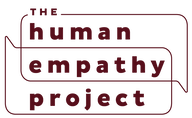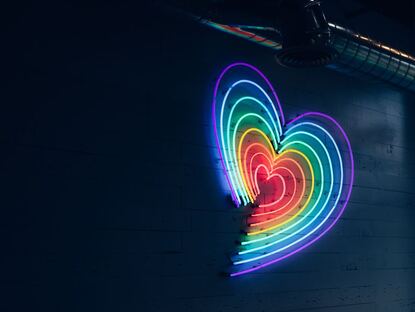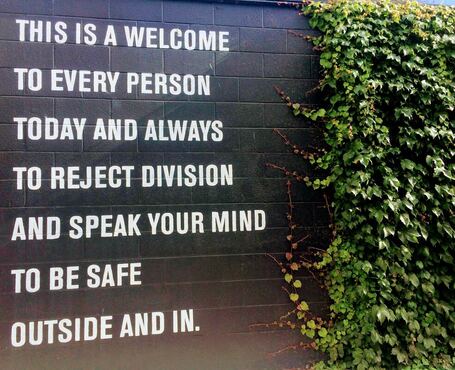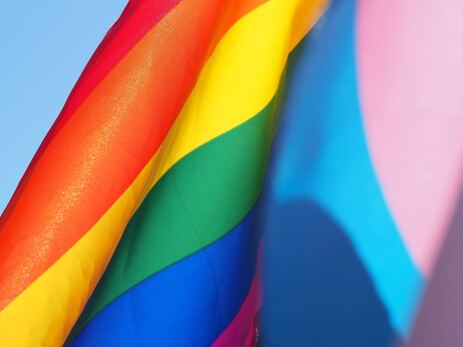|
What does it take to be an ally? I love this list from the GLAAD website that shows ten ways you can be an ally to your LGBTQIA+ community.
1.Be a listener. 2.Be open-minded. 3.Be willing to talk. 4.Be inclusive and invite LGBT friends to hang out with your friends and family. 5.Don't assume that all your friends and co-workers are straight. Someone close to you could be looking for support in their coming-out process. Not making assumptions will give them the space they need. (I’ll add - Don’t assume pronouns or that everyone identifies as man or woman). 6.Anti-LGBT comments and jokes are harmful. Let your friends, family, and co-workers know that you find them offensive. 7.Confront your own prejudices and bias, even if it is uncomfortable to do so. 8.Defend your LGBT friends against discrimination. 9.Believe that all people should be treated with dignity and respect, including those who identify as a different gender or sexual orientation from you 10.If you see LGBT people being misrepresented in the media, contact glaad.org.
0 Comments
|






 RSS Feed
RSS Feed
